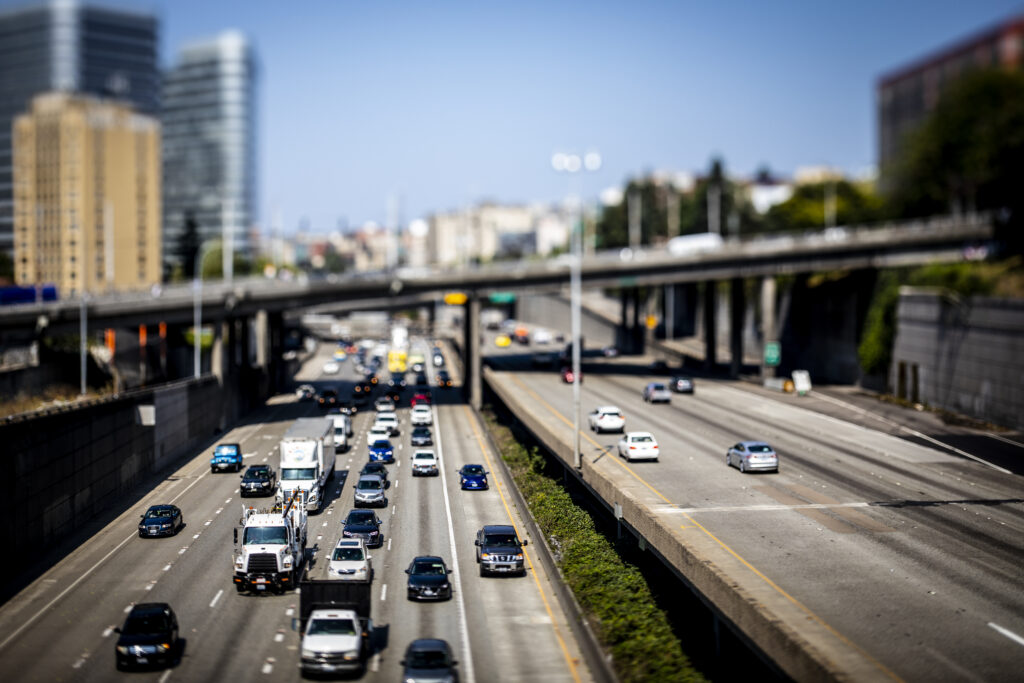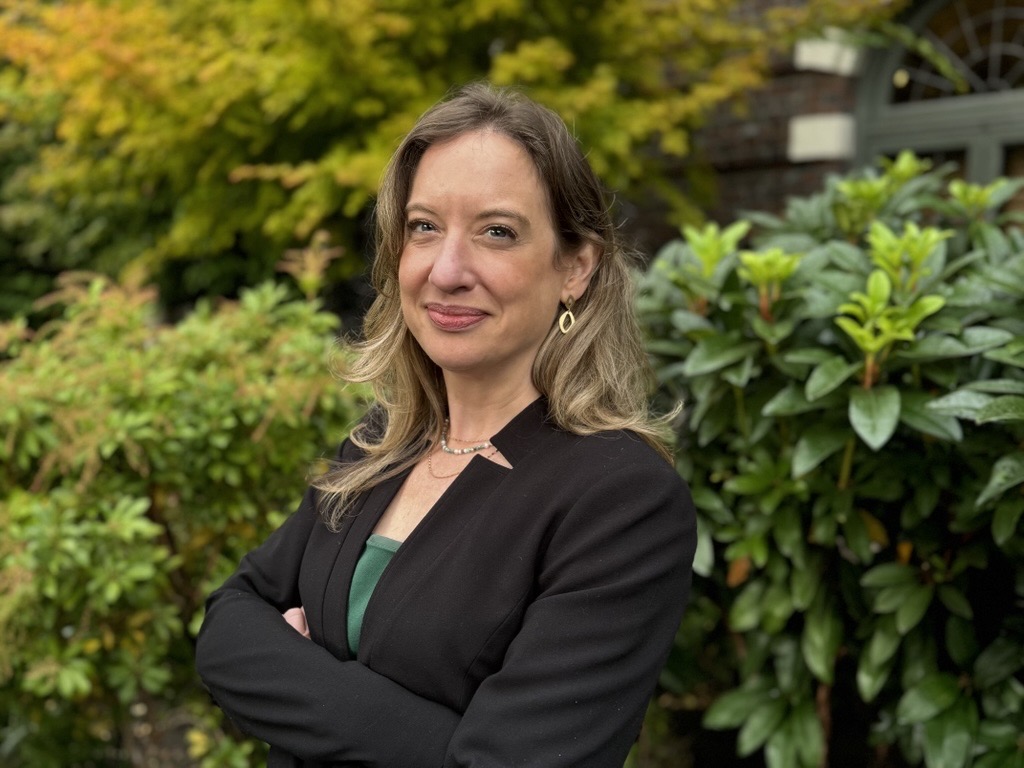
Washington state is poised to be a leader in the energy transition to support transportation electrification and decarbonization, but there is much to do in order to realize this potential and support a resilient system to safely move people and goods in the face of the effects of climate change.
These are the findings from a newly released summary of a spring roundtable on transportation resiliency convened by the Washington State Academy of Sciences in collaboration with the Mobility Innovation Center at the University of Washington.
“There is concern for what needs to be accomplished, and we’re not there yet, but also a sense of optimism that if anyone can do it, it’s going to happen right here in Washington,” said Donna Gerardi Riordan, Executive Director of the Washington State Academy of Sciences. “The research community has much to offer to help solve the problems we all face.”
“Partnerships and collaboration are going to help us get to where we need to be,” said Bart Treece, Director of the Mobility Innovation Center at the University of Washington. “The challenges we face with transportation resiliency requires new approaches that can unlock our true potential and propel our region forward.”
The event brought together stakeholders from public agencies, representatives from the business community, and academic experts to discuss three topics: key challenges and threats, components that need to be resilient, and how the research community can help.
Key Highlights
- Decarbonizing the transportation sector with a shift towards electric vehicles comes with significant challenges and also opportunities, but must be safe and equitable for all users.
- There is opportunity for economic development and job creation related to energy generation for electrification, but there are clear gaps in the workforce and a need to get people in the jobs that are needed most.
- Community engagement and building trust will aid in adoption for new technologies and also improve outcomes for large-scale efforts needed to meet the demand of an electrified transportation system.
- Leverage cross sector partnerships and be willing to take risks to innovative new ways to do things differently.
- Find the gaps: “Table-Top” exercises to test scenarios with agencies and organizations to evaluate response to disruptions with an increasingly electrified transportation system can identify opportunities for improvement.
Roundtable Participants
The Roundtable was co-chaired by Paula Hammond, Senior Vice President of WSP USA and François Baneyx, Vice Provost of Innovation at the University of Washington and Director of CoMotion.
Participants include researchers from Washington State University, Pacific Northwest National Laboratory, and the University of Washington, with public agency leaders from the Environmental Protection Agency, Washington State Department of Transportation, Office of the Insurance Commissioner, Department of Commerce, King County Metro, Port of Seattle, city of Seattle, and business community represented by the Washington Trucking Association, and Challenge Seattle.
Related Posts
April 22, 2025
WSAS Executive Director Melanie Roberts discusses the Academy with Geekwire and shares what keeps her hopeful during this challenging time for the U.S. scientific sector.
March 17, 2025
2022 AJAS delegate Kevin Shen of Olympia, WA took seventh place at the 2025 Regeneron Science Talent Search, the U.S.’s oldest and most prestigious science and math competition for high school seniors. Shen was awarded $70,000 for building a custom flight computer to control a 3D-printed airplane with oblique wings.
December 9, 2024
WSAS showcases another extraordinary year of serving as Washington’s independent scientific and technical advisory body. The Academy thanks outgoing executive director Donna Gerardi Riordan and outgoing president John Roll for their service and welcomes Melanie Roberts as its new executive director.


